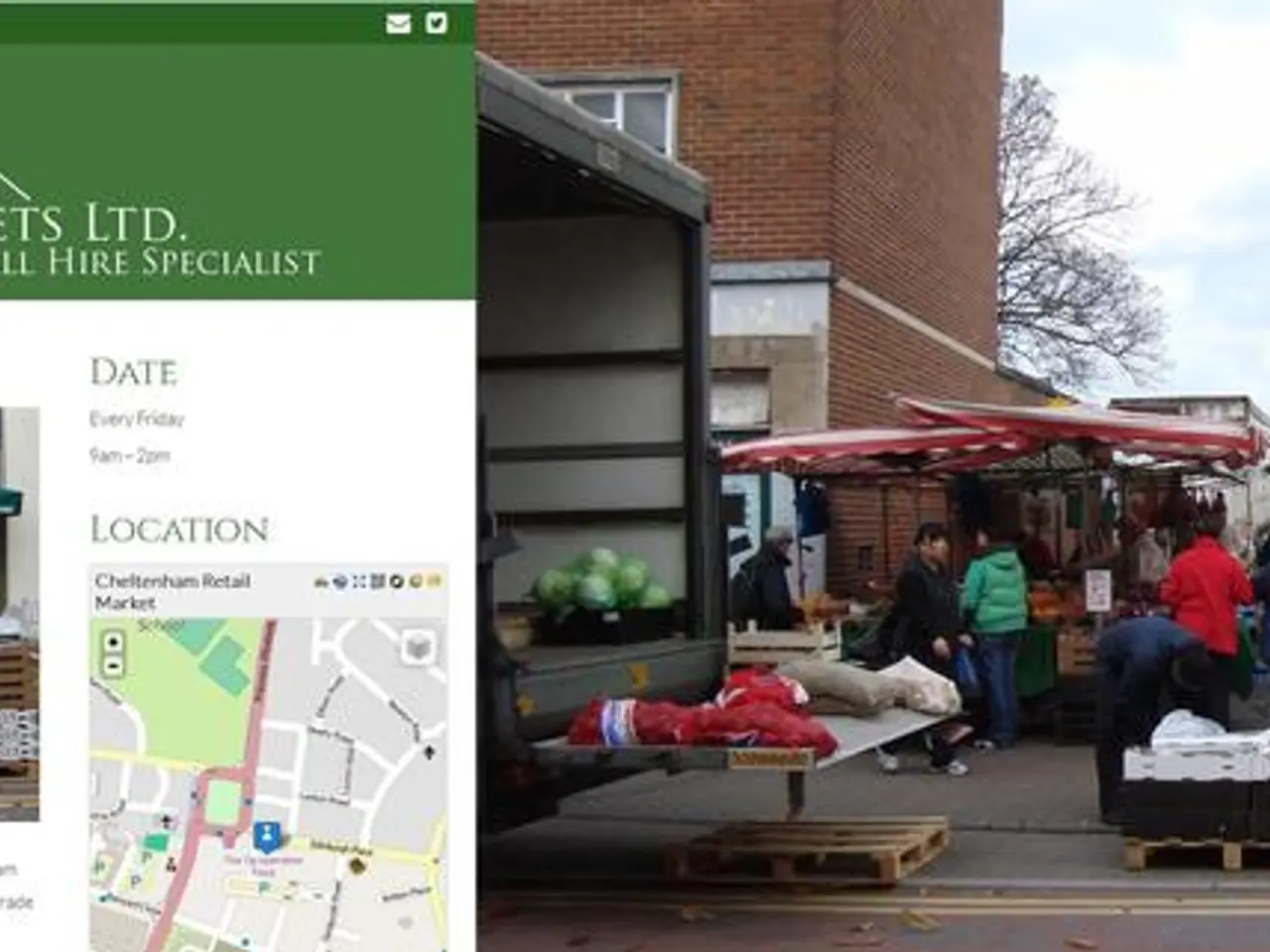Non-British landlords Establishing a Fifth of Rental Properties for Lease
Foreign Investment in UK Buy-to-Let Properties on the Rise
Foreign investment in the UK buy-to-let (BTL) market is on the rise, with non-UK nationals increasingly establishing BTL companies to hold property investments. According to Hamptons, a leading real estate agency, 20% of all newly established BTL companies in 2025 are owned by non-UK nationals, up from 13% in 2016.
Indian and Nigerian nationals are leading the charge, with Indian investors founding 684 BTL companies in 2025 and Nigerian investors establishing 647 companies. This trend primarily involves the incorporation of BTL companies as structures to hold property investments, which can include both newly purchased properties and those transferred from personal ownership to limited companies.
Regions outside the capital have seen a significant increase in foreign ownership, particularly in the East Midlands, West Midlands, and Scotland. Runnymede in Surrey has the highest share of new companies set up by non-UK nationals this year, at 59%. In London, 27% of newly-registered BTL companies are owned by non-UK nationals, with the highest proportion in Kensington & Chelsea (54%) and Hammersmith & Fulham (51%).
The shift in demand from London to lower-value markets outside the capital reflects regional housing market dynamics where growth in house prices and rents has been stronger recently. Despite broader challenges to BTL attractiveness from tax changes since 2016 and regulatory requirements like tighter energy efficiency standards enforced since 2020, non-UK nationals continue to actively invest in UK rental property via corporate structures.
Using a limited company as an ownership structure for BTL properties offers potential tax benefits, leading to a 332% increase in BTL companies between 2016 and 2025. Landlords who own properties in a limited company can fully offset their mortgage interest against their rental income before paying tax, a significant advantage over individual landlords who receive tax relief based on only 20% of their mortgage interest payments.
The total number of BTL companies set up in 2025 is on track to reach about 67,000, with roughly 13,500 partly or wholly owned by non-UK nationals—a figure 8% higher than the record levels in 2024. Most foreign-owned BTL companies tend to have shareholders of the same nationality (84%).
The fall in the share of non-UK shareholders coming from the EU, from 65% in 2016 to 49% in 2025, is in line with general migration trends since Brexit. Nevertheless, non-UK nationals continue to actively invest in UK rental property via corporate structures, indicating a sustained and growing international interest in the UK buy-to-let market.
The trend in recent years shows a significant increase in non-UK nationals investing in UK BTL properties through limited companies, offering potential benefits and opportunities for both investors and the UK property market.
- Foreign investors, such as those from India and Nigeria, are utilizing limited companies as structures for their buy-to-let (BTL) property investments, with the number of newly established BTL companies owned by non-UK nationals increasing from 13% in 2016 to 20% in 2025.
- The rise in foreign investment in UK BTL properties has led to a surge in the use of limited companies, offering potential tax benefits like fully offsetting mortgage interest against rental income before paying tax, which is a significant advantage for landlords.
- Despite changes in tax and regulatory requirements, interest in investing in UK rental property via corporate structures remains high among non-UK nationals, contributing to the growing number of foreign-owned BTL companies, particularly in regions outside London.




